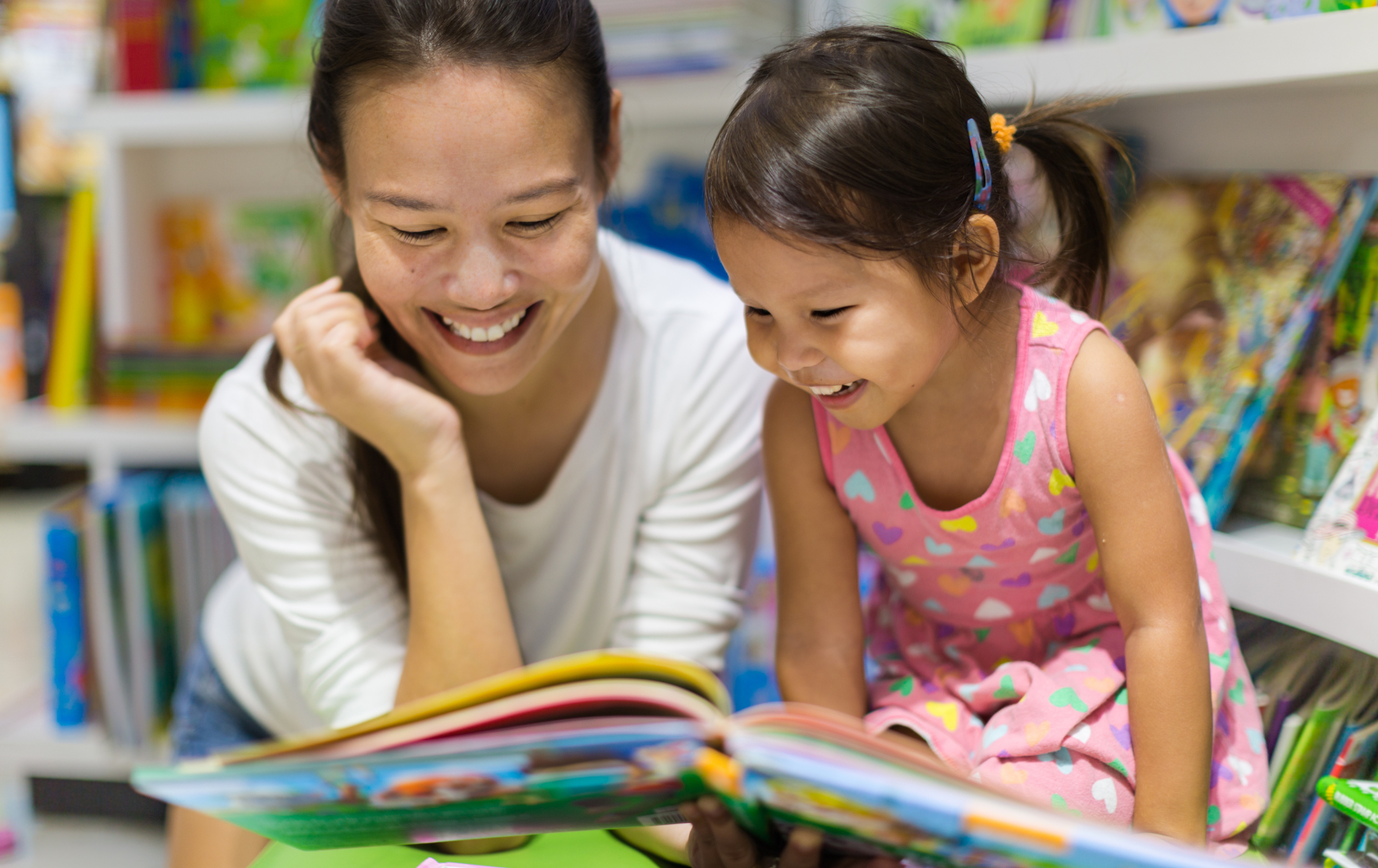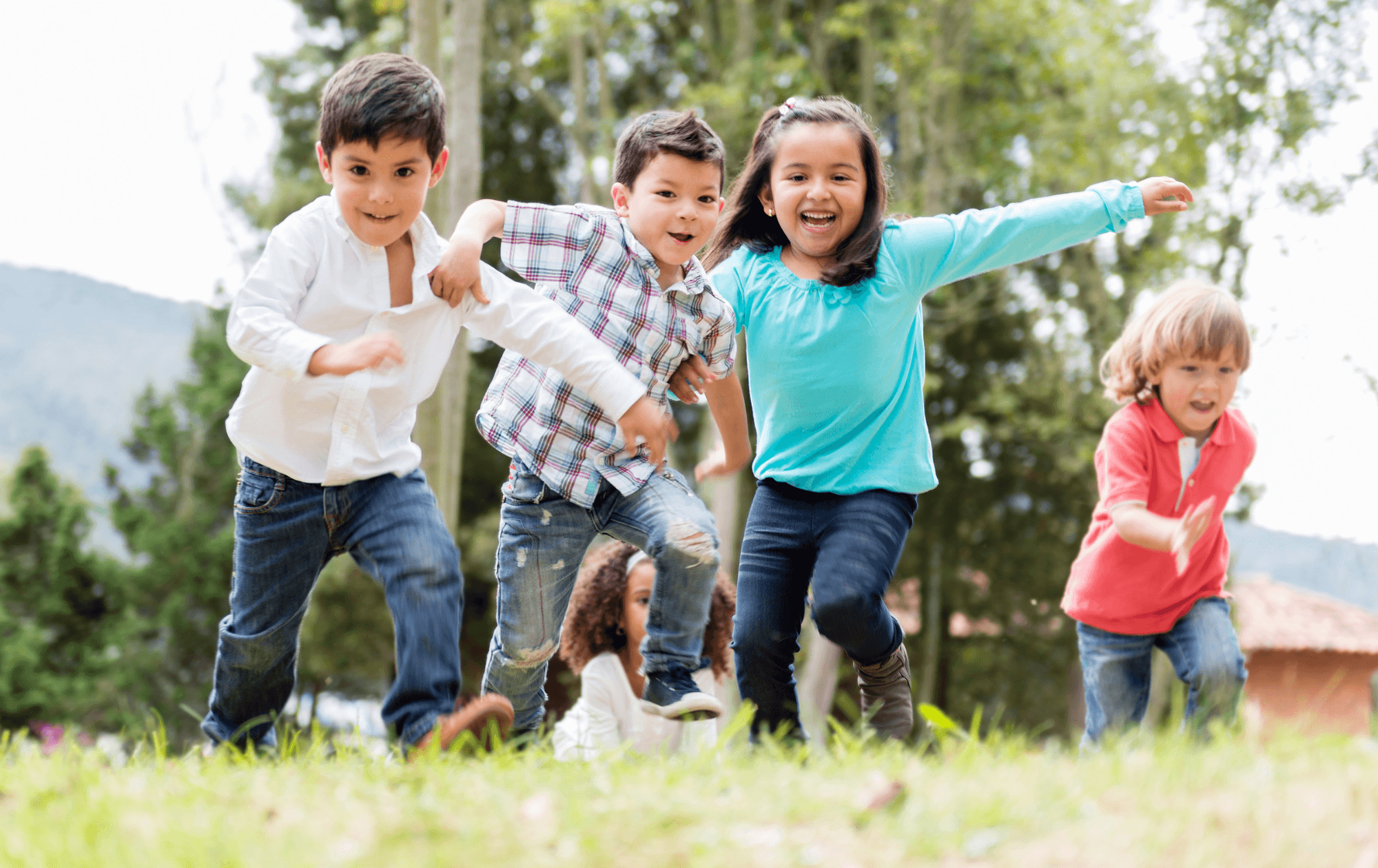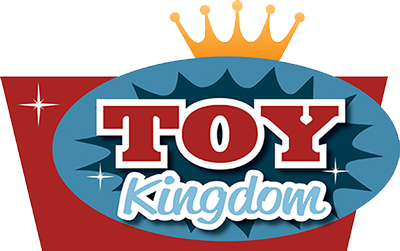For a young child, there's nothing more fun than playing with your friends and/or family with your favourite toys! One good thing about it is that, there's no right or wrong in play. Kids can freely, and creatively exercise their imaginative thinking without the confines of following instructions on how to play. There's no right or wrong in play, as long as it's safe and not hurting anyone.
Play is even listed as one of the United Nations basic rights for every child.
PLUS ... kids don't need extravagant toys to enjoy play. Toys, as simple as paper planes, or stick figures will do! We all have a memory I'm sure of a Christmas when our toddler preferred the wrapping paper more than the actual gift inside!
Gadgets and too much screen consumption, on the other hand, can cause serious damage on a young child's eyes and brain development. Watch the YouTube video below to find out more!
The importance of play for kids!
1. Play helps a child's cognitive development

Play, especially unstructured play, is an integral part to a child's brain development. Unstructured play means, no parents or guardians supervising the child's play. They can do whatever the want, play whatever they want. It is also through this form of play that they're able to exercise their brain function; such as, thinking outside the box, analysing, problem solving, and so much more!
2. Play helps build imagination and creativity

Through symbolic play, kids develop their imaginative thinking. They take an object as another object. For example, they would imagine a stick as a stirring spoon, an empty container as a plate or a water bottle, a box as a spaceship, a pile of mud and grass as wombat stew! According to Baby Sparks, symbolic play is very important as it supports and develops a child's language skills, executive function, social-emotional skills, and boosts creativity.
3. Play helps children learn to read and write, faster!

A child learns to communicate and build language skills through play and interactions with others. Studies even show that playing with toys help with building a child's hand muscles, which is important in writing.
4. Play helps with a child's physical fitness

Every child needs to be physically active. It's an essential part to their growth and development. They need to be moving and exercising their bodies, so their muscles can strengthen and function correctly. Play also supports a child's positive mental health. Play makes kids happy, which also makes them more relaxed and confident in themselves.
These toys can help and support your child's cognitive and physical development:
We've also written another blog about the 7 ways to keep your kids active. Read that here!

